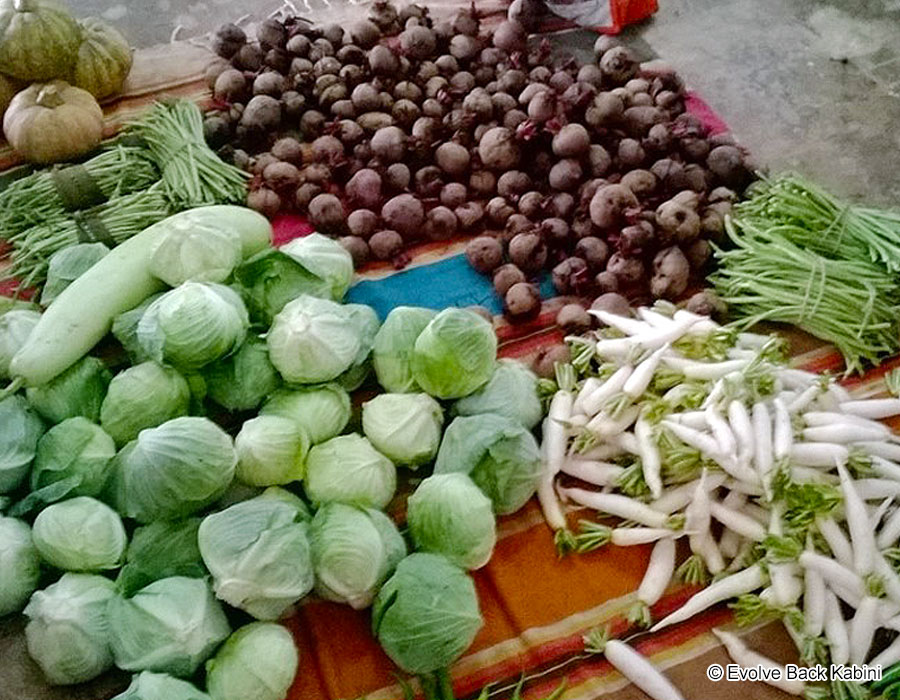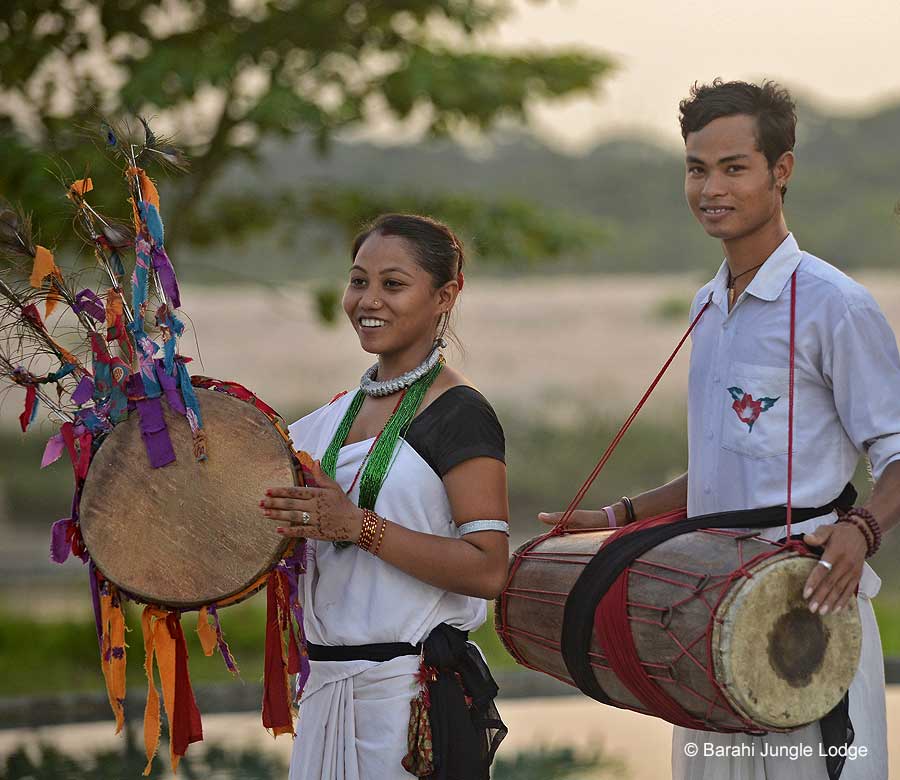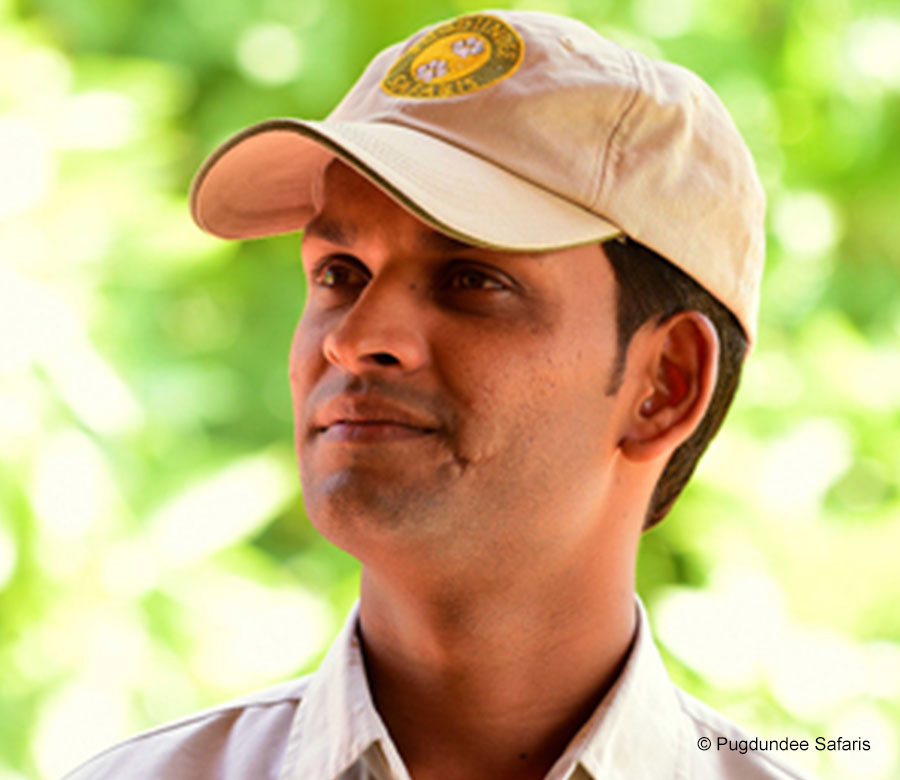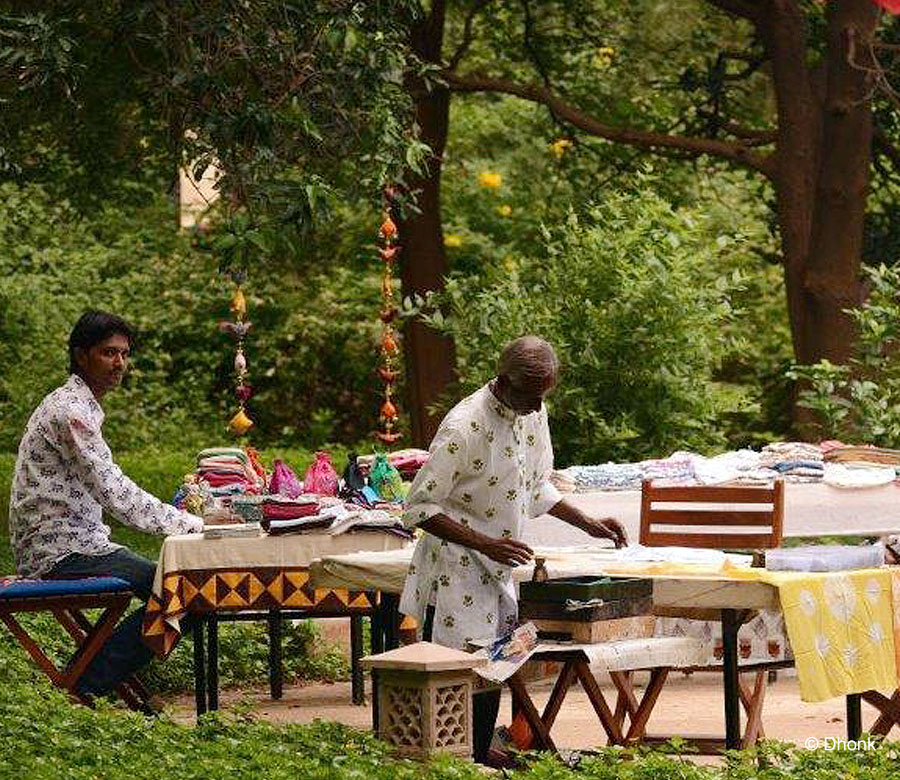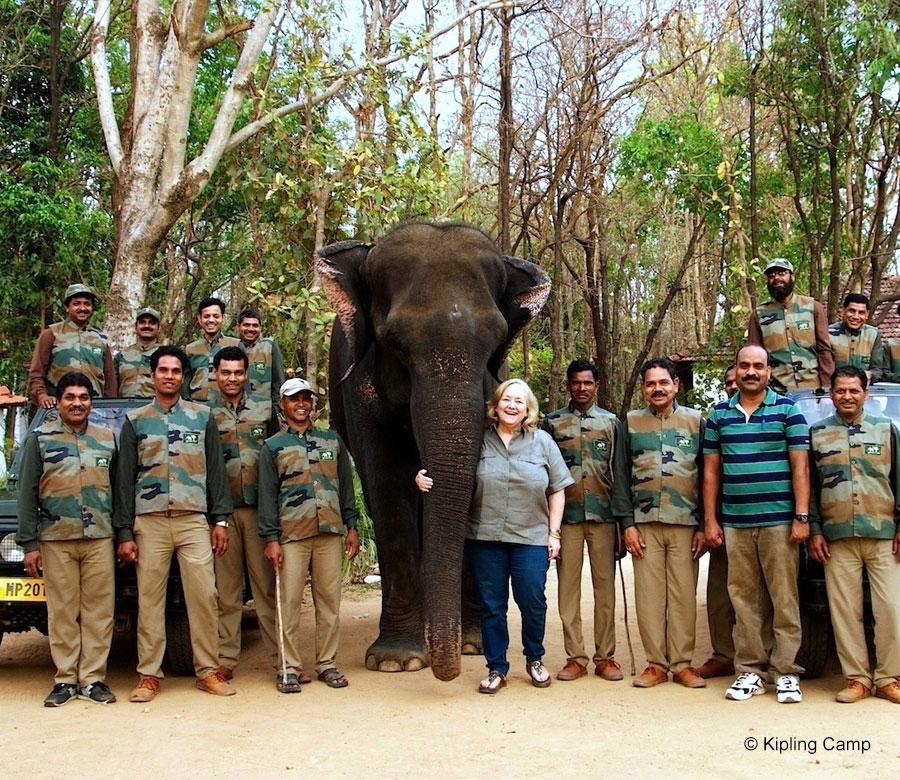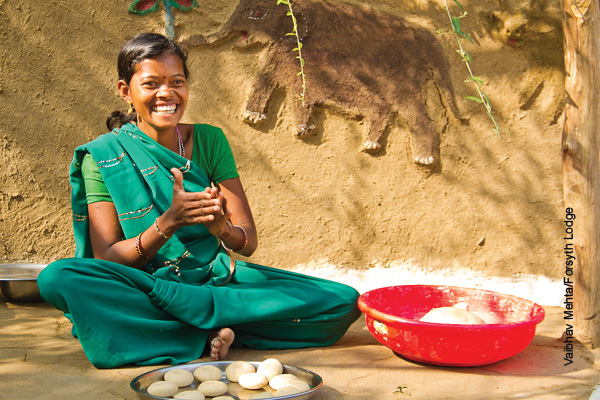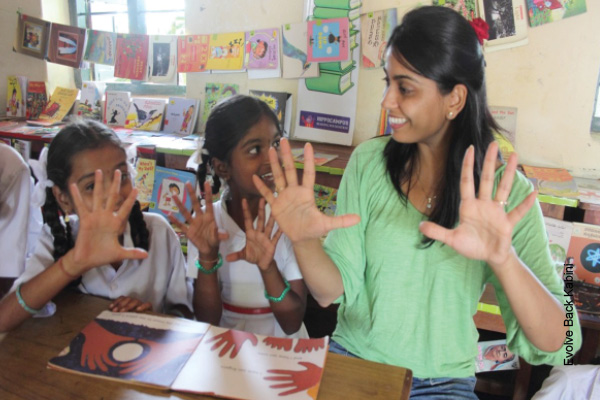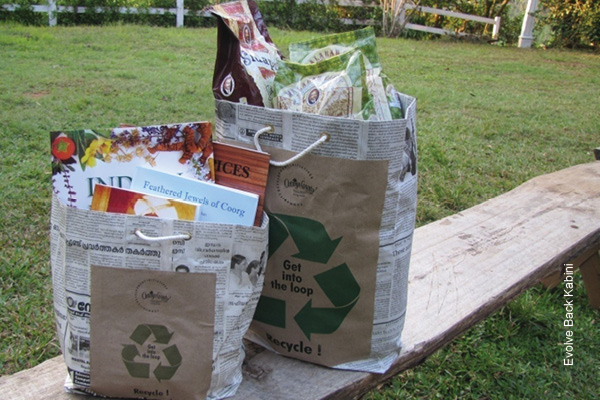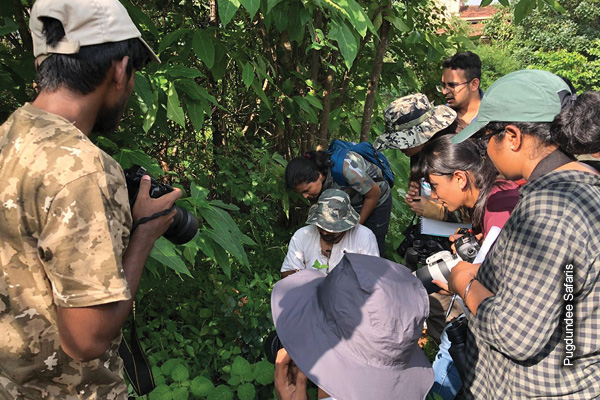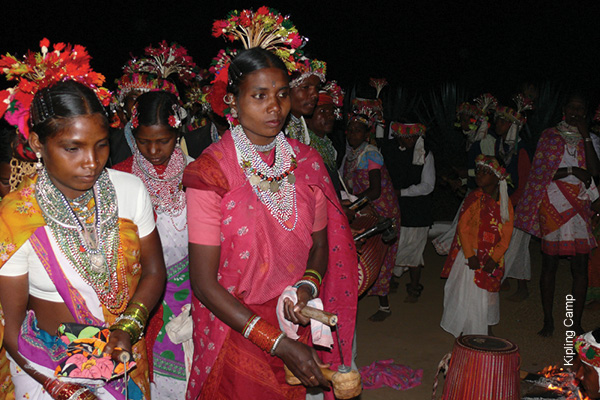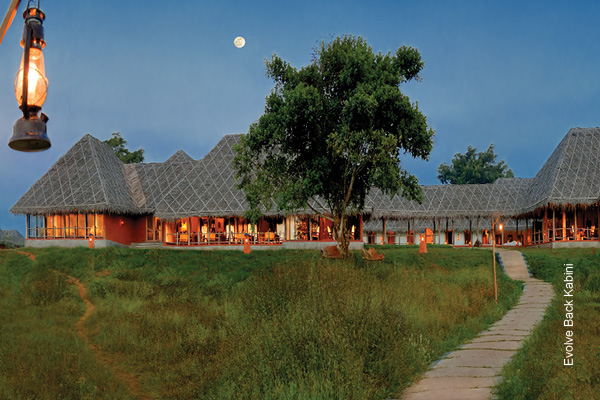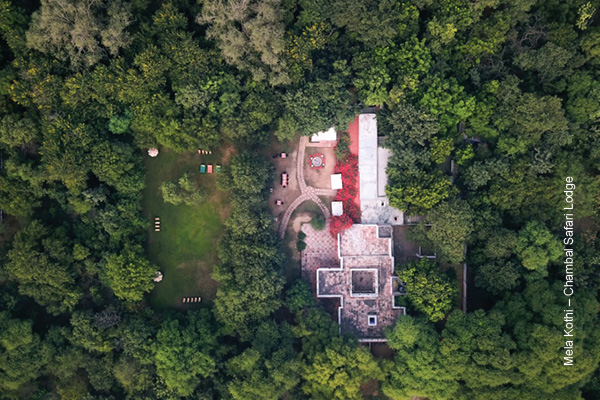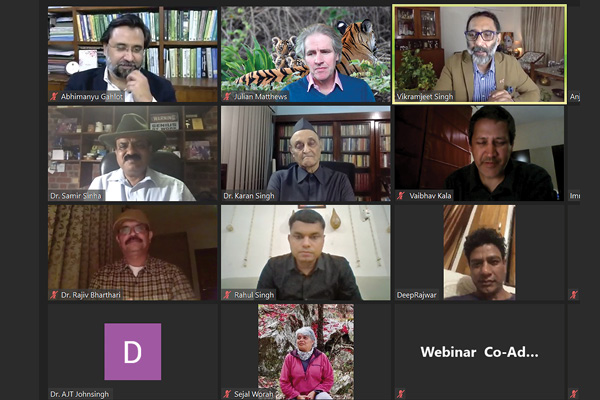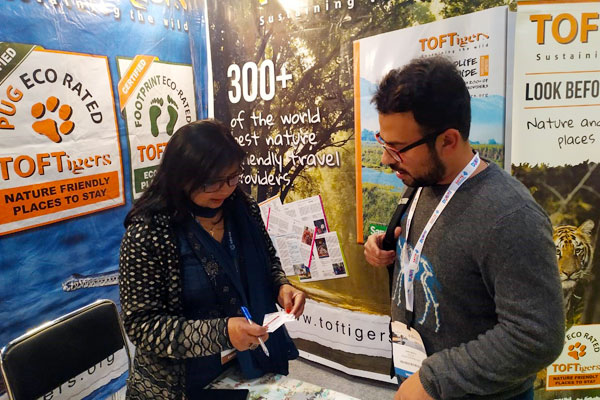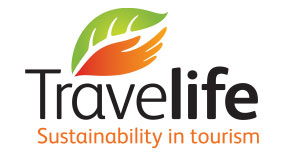Local Economy – Employment, Skills and Enterprise
Part of TOFTigers Best Practice Series
WHY IT'S IMPORTANT
Responsible tourism places local employment and economic benefits for local communities at the heart of its operations and minimises revenue leaking out of the local area. Tourism generates 10% of world GDP, 1 in 10 jobs and 7% of global exports and has a decisive contribution to make towards achieving the Sustainable Development Goals according to the United Nation’s World Tourism Organisation.
Protected Areas in India and Nepal are mostly in remote areas with poor economic status and gender inequality. Nature tourism is a key non extractive industry for providing new sustainable livelihoods and skills, helping to empower women, reduce inequalities, and boost local economies through catalysing enterprise. Independent research commissioned by TOFTigers in Madhya Pradesh and Ranthambhore backs this up showing employment levels four times higher in areas with tourism infrastructure compared to those without and revenue for small business enterprises four to eight times greater.
A thriving local economy through well planned responsible tourism is good for your business, uplifting local communities, creating wildlife-friendly perceptions and providing a stable environment for your operations, a win-win situation. Fair pay, good working conditions and skills development create a positive, motivated workforce. Catalysing new enterprises can enhance the range of goods and services offered to your guests. (See also Community Support and Cultural Heritage profiles).

EXAMPLES OF GOOD PRACTICE
90% of Forsyth Lodge’s staff are employed from neighbouring villages. The lodge also has an active policy of bringing economic benefits to local women despite local conservatism.
Performances by local artists provide a further income opportunity whilst giving guests an insight into local culture. Barahi Jungle Lodge organises dance performances on alternate days. Dancers are paid a monthly salary – one of a series of the lodge’s initiatives providing income opportunities to local communities.
Women’s positions span a range of different roles at Spice Village Thekkady including Front Office, Food & Beverage and Chefs. Twenty women are also employed in their organic garden and produce handmade paper from recycled materials.
Tigergarh Wildlife Resort has trained fifteen local women to make bags from old clothes, one of a series of new enterprises being catalysed by the lodge.
Pugdundee Safaris has an active approach to local recruitment and training enabling local residents to develop new skills and opportunities. Pictured here Rohit Patle at Kanha Earth Lodge – a resident from a neighbouring tribal village who has progressed from errand boy to Assistant Lodge Manager.
RESOURCES
Correct at time of press. Information included may not be appropriate to every situation, destination and country and is intended for general guidance only and may be subject to change.
Photos © lodges featured, Sycom Project Consultants, or other photographers listed. © The TOFTigers Initiative 2026. All rights reserved

